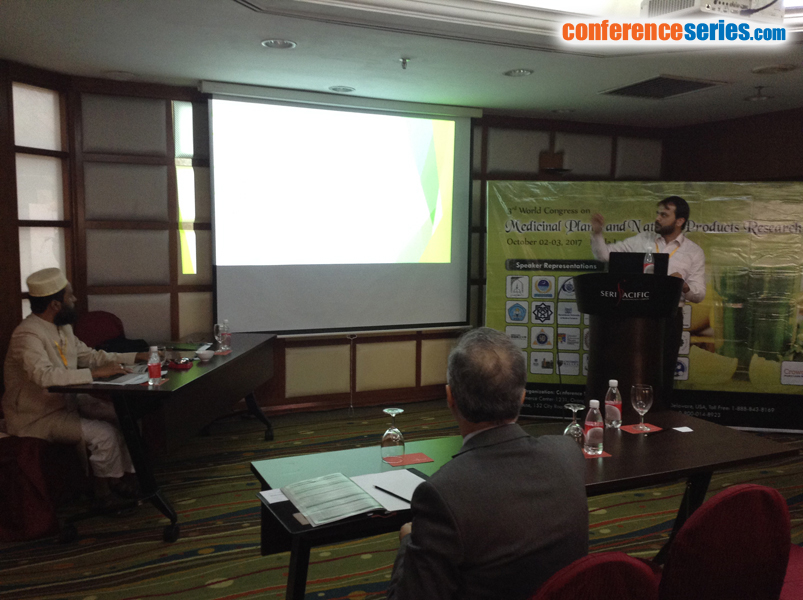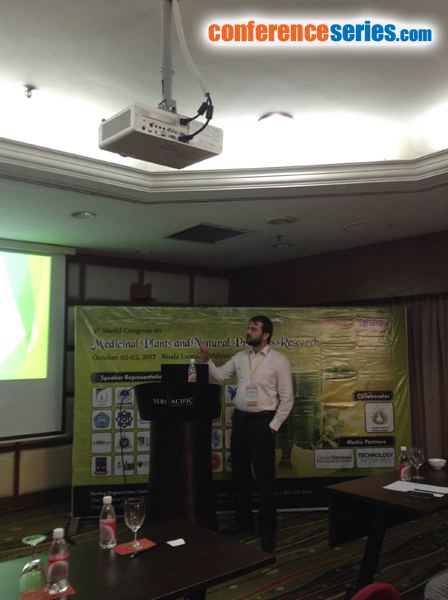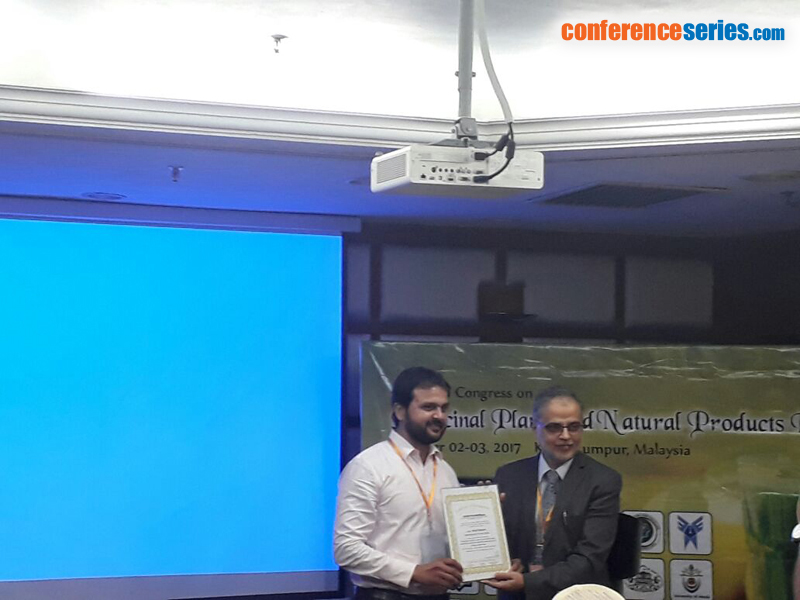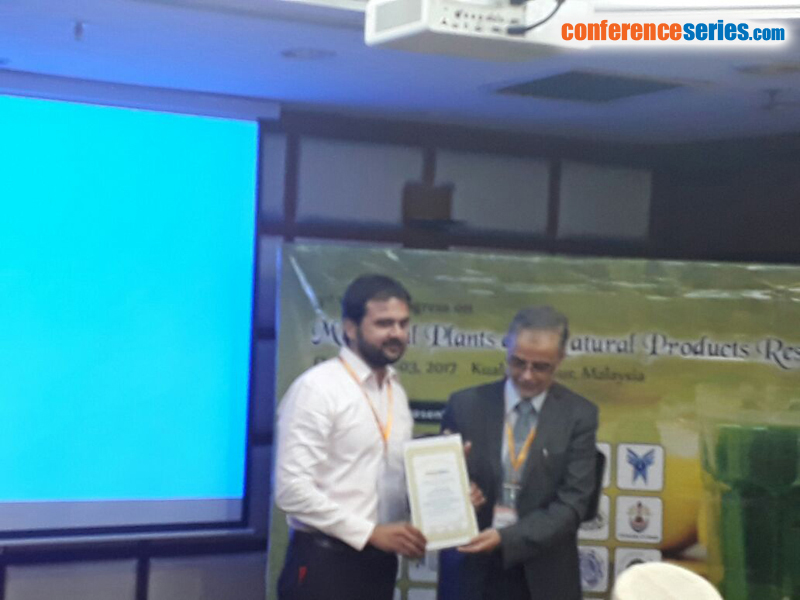
Wasif Nouman
Bahauddin Zakariya University, Pakistan
Title: Drought Stress Affects Size but not Nutritional Quality, Antioxidant System and Composition of Phenolic Acids of Moringa oleifera Leaves
Biography
Biography: Wasif Nouman
Abstract
A study was conducted to investigate the growth performance, antioxidant activities, and nutritional quality of Moringa oleifera, a fodder crop, under the simultaneous effect of plant growth regulators and drought stress. For this, benzyl amino purine (BAP @ 50 mg L-1), ascorbic acid (50 mg L-1), and moringa leaf extract (MLE, 3.3%) were exogenously applied on moringa plants at three field capacity levels i.e., 100 (Normal), 75 (moderate stress) and 40% (severe stress) in a completely randomized design with three replications. Drought tolerance was evaluated on the basis of growth development, chlorophyll a and b and total phenolic contents, antioxidant activities of superoxide dismutase (SOD), peroxidase (POD) and catalaze (CAT), as well as crude protein and mineral contents. Moreover, variation in p-hydroxybenzoic acid, caffeic acid, gallic acid, p-coumeric acid and sinapic acid according to drought stress and foliar applications was also quantified by using RP-HPLC. A decrease in growth, photosynthetic pigments, total phenolics, antioxidant activities and nutritional quality of moringa leaves was recorded at normal and severe drought conditions in comparison with moderate drought stress. BAP improved shoot length, root length, number of leaves and roots of moringa plants followed by MLE while in the case of photosynthetic pigments, crude protein, calcium, potassium, magnesium, and phosphorous MLE was more effective under severe drought. An increase in selected phenolic acids was also observed in moringa leaves with increase in stress. It can safely be concluded that moringa showed reduced growth and decreased nutritional quality under normal and severe water deficit conditions that can be mitigated by applying BAP and MLE.





